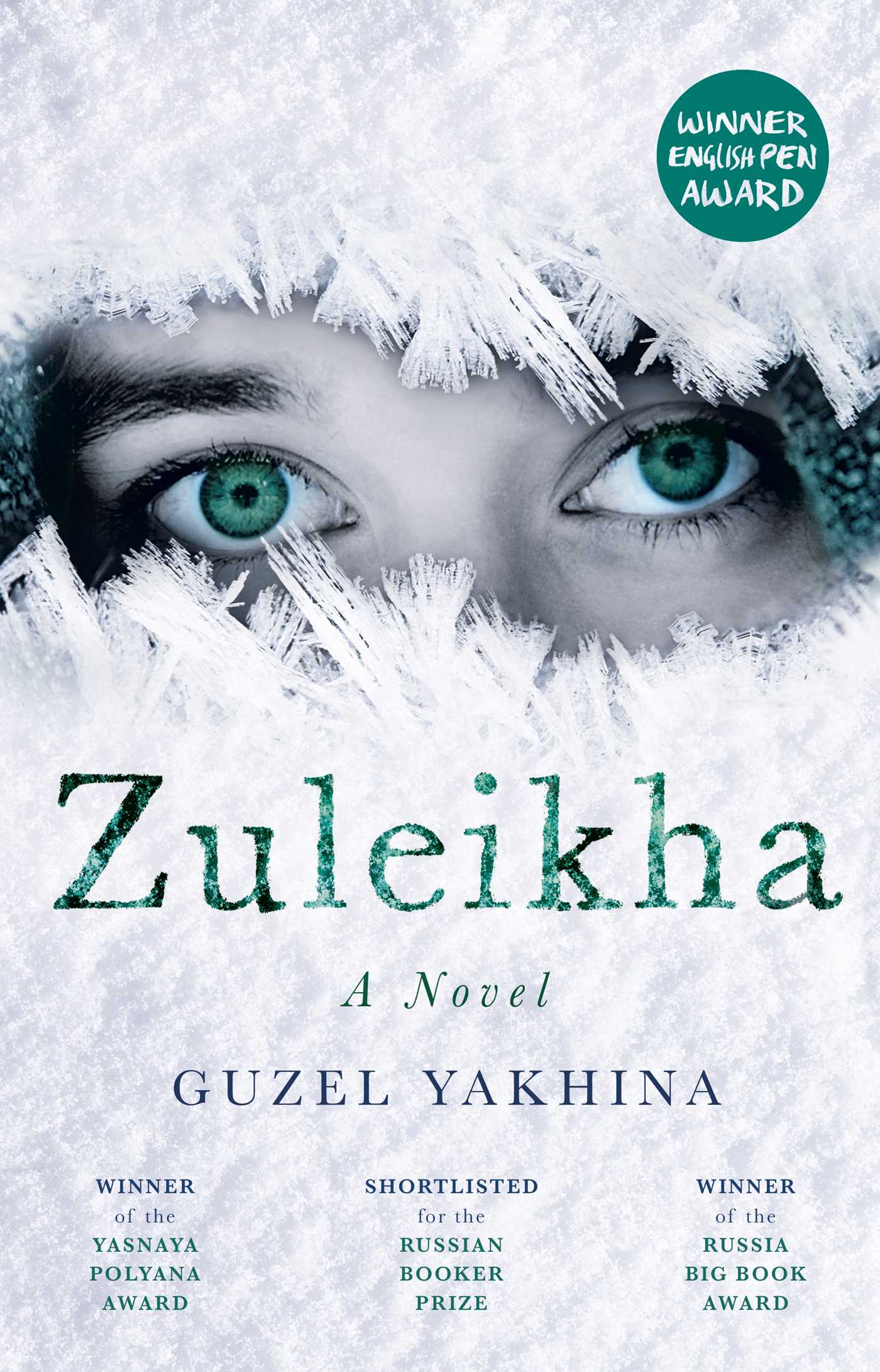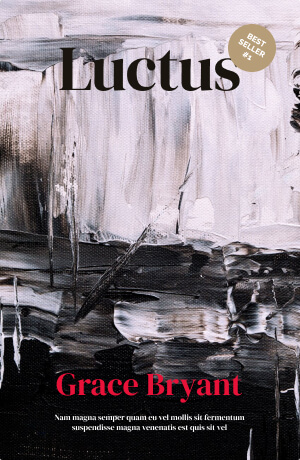MY REVIEW OF A NEW CLASSIC
Zuleikha
Zuleikha is a novel of personal rebirth after a laborious and agonizing ordeal. In conditions that deny the right to life, when no promising change is in sight, the only salvation is inner transformation.

“As we watch the heroine’s life spiral from oppressive domestic servitude into something catastrophically worse, Guzel Yakhina’s sprawling and ambitious debut novel Zuleikha, makes it clear just how brutal the Soviet regime was. Zuleikha does a fantastic job of bringing a long-forgotten historical period to life. It’s dramatic and eventful, pulling us into a bygone era.” — New York Times Book Review

Introduction
Zuleikha is Guzel Yakhina’s most successful novel and an international bestseller, translated into over 30 languages. There’s also a 2020 adaptation—a Russian mini-series—that’s received positive reviews. You might want to check it out after finishing the book and form your own visual interpretation.
Now, after all the deafening applause, I’d like to highlight a less successful aspect of the novel, indicated by a warning: Don’t read this if you’re in a highly vulnerable state; this book can be painful!
What’s painful?
Siberia – the blank slate on which Zuleikha rewrites her destiny.
It’s painful to realize that there was a period as brutal as the Stalinist collectivization in the Soviet Union, starting in the late 1920s and continuing into the early 1930s. Through this reform, peasants’ lands and possessions became state property, and they were forced to work hard on collective farms. Those who resisted were arrested, sometimes executed, or deported to places like Siberia.
It hurts to learn in exquisite detail, even through fictional characters, the extent of the suffering people endured back then, obtaining nothing more, for a long time, than mere survival.It’s also painful to be there, moment by moment, with a woman resigned to the abuse she suffers at the hands of her husband and her ungrateful mother-in-law.
The hunger and deprivation sting deeply because Guzel Yakhina, with her extraordinary talent for creating vivid descriptions, makes you connect with the characters’ emotions, and alongside Zuleikha, you experience endless days of suffering.
However, if you don’t let these arguments deter you, you’ll discover how, in a hostile world full of turmoil, a simple, very submissive woman who didn’t know she deserved anything from life fights to live in a way few have managed. Her identity evolves under the most precarious conditions but becomes complex and spectacular, like a butterfly emerging from its chrysalis. Or, considering the evocative title of the first part of the book, A Beaten Hen, you might imagine the hen transforming into a swan of unmatched beauty, wings spread wide. A metamorphosis in every sense of the word, by the end of which the heroine becomes a complete woman.
“Hang in there, Zuleikha.”
This story is inspired by the experiences of the author’s grandmother, a Tatar who was deported to Siberia during the forced collectivization and fought hard to survive in those harsh conditions. In the book, Zuleikha will be deported to Siberia after spending a good part of her life—15 of her 30 years—next to an abusive husband and a perpetually dissatisfied mother-in-law, Ubîrlî karciîk – The Witch, as she calls her. Starting the path of exile without them, the heroine discovers her strength and begins a profound process of inner transformation. The novel is built around this character’s experiences, who, from a state of absolute resignation, manages to become a symbol of survival. Her battle with life begins when she realizes how much she has sacrificed and chooses to live not to please others, but in spite of them: “What if Murtaza leaves her in the forest? How happy would The Witch be… And the marmalade? Was it all in vain?”…
In those times, especially in conservative rural communities, women existed Murtazonly in terms of their roles as wives, housekeepers, and mothers. The husband dominated and controlled, seemingly having life and death power over the woman, and a exercised this so-called right to the fullest. Zuleikha’s subordinate status in the family was not only towards her husband but also towards his mother. Even though her situation was largely hopeless, without any external support to hope for, Zuleikha’s submission seemed to stem from adherence to community traditions. Thus, her transformation gains momentum when she is far from the society that imposed absurd conditions. In Siberia, the oppressive system pales in comparison to the harshness of nature, and people gain recognition not through social status but through the value of their contribution to survival. Already accustomed to battling the cold, wind, and snow, Zuleikha learns to hunt and, more importantly, to live for herself. On her path to becoming herself, finally, help appears—without which transformation would not be possible—people who show genuine care and real interest in her, such as Leibe, an exiled German doctor. This relationship is crucial because it helps her gain trust in people and start seeing life in a new light.
Strengths
The author’s mastery is evident not only in her ability to deliver highly visual descriptions but also in the subtle way she presents the protagonist’s transformation, which doesn’t come from a clear-cut distinction between good and evil, but from her ability to navigate the emotional ambiguity generated by life events. The other characters in the book are also incredibly fascinating with their unique personal histories.
Another strength is that Guzel Yakhina builds a captivating and emotional story on an authentic historical foundation. As a reader, you get the chance to experience historical events in a way that resonates with you and to understand not only objectively but also subjectively the life of those times.
Rebirth Through Suffering
“And she will feel that the pain that filled the world hasn’t disappeared, but it has allowed her to breathe.”
Zuleikha is a novel of personal rebirth after a laborious and agonizing ordeal. In conditions that deny the right to life, when no promising change is in sight, the only salvation is inner transformation. Zuleikha’s environment not only seems hostile but actively opposes her, and only by becoming her own ally, by looking at life from a new vantage point, can she find the strength to move forward in search of a more fulfilling life.


